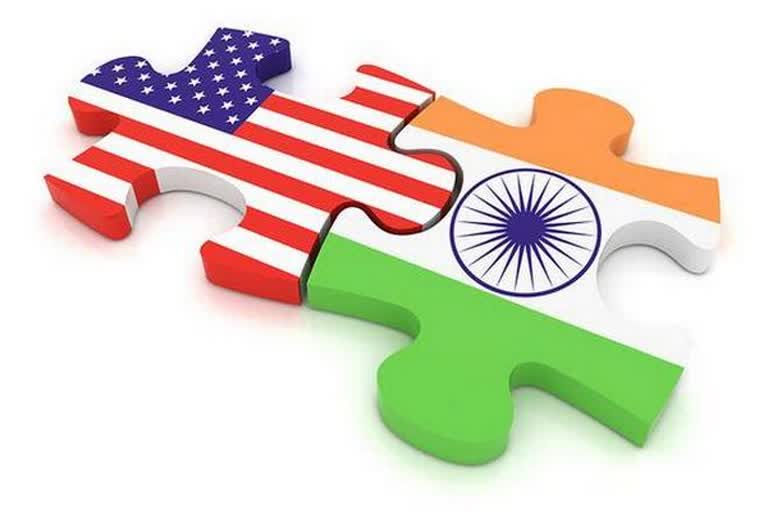New Delhi/Mumbai: New export markets, financial support and lower crude oil prices are likely to offset the impact on trade deficit caused by US ending preferential treatment to various goods supplied from India.
The Trump administration had last week announced the withdrawal of the generalized system of preferences or GSP benefits from June 5, 2019.
These non-reciprocal and non-discriminatory export benefits are extended by developed countries to developing countries.
Industry observers cite the benefit of only around $200 million as insignificant to cause major worry.
However, the move could not have come at a worse time for India's economy which faces a consumption slowdown, slower growth and contraction in core industrial production.
Latest figures show that the country's trade deficit during April widened to $15.33 billion as against the deficit of $13.72 billion during the corresponding month of last year.
"The withdrawal of GSP benefits to exports will have a one-time impact which will be reflected in the overall trade deficit," Sunil Kumar Sinha, Director, Public Finance and Principal Economist India Ratings and Research (Fitch Group), told IANS.
"However, rather than relying upon any export subsidy scheme, exporters should pursue newer markets such as South America and Africa. We should also become globally competitive in terms of manufacturing and cost structures."
However, Trade Promotion Council of India's Chairman Mohit Singla said: "The loss is minimal. Besides, the goods exported to the US such as pharmaceuticals, natural or cultured pearls and machinery and mechanical appliances, among others, are difficult to replace due to India's competitiveness in these products."
